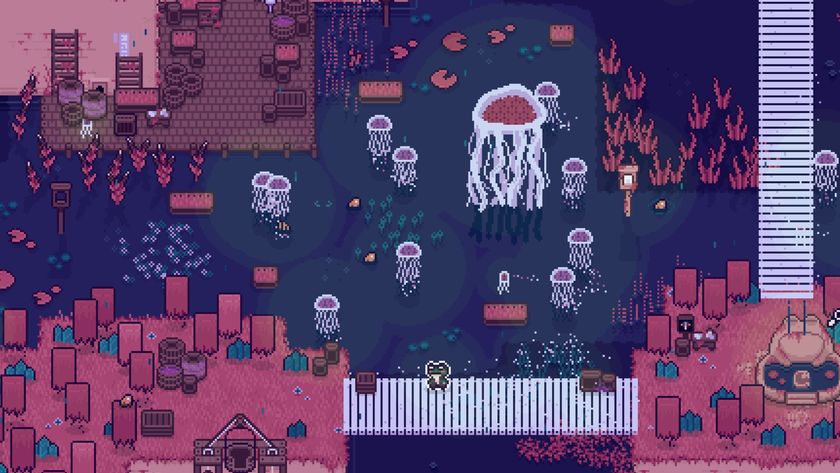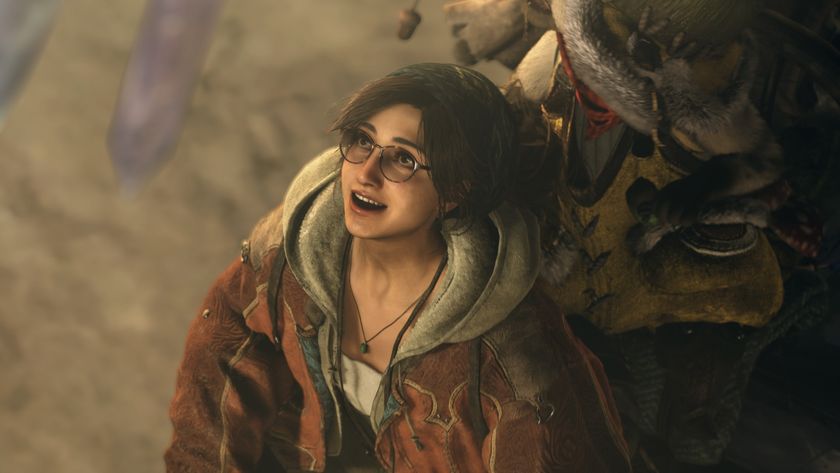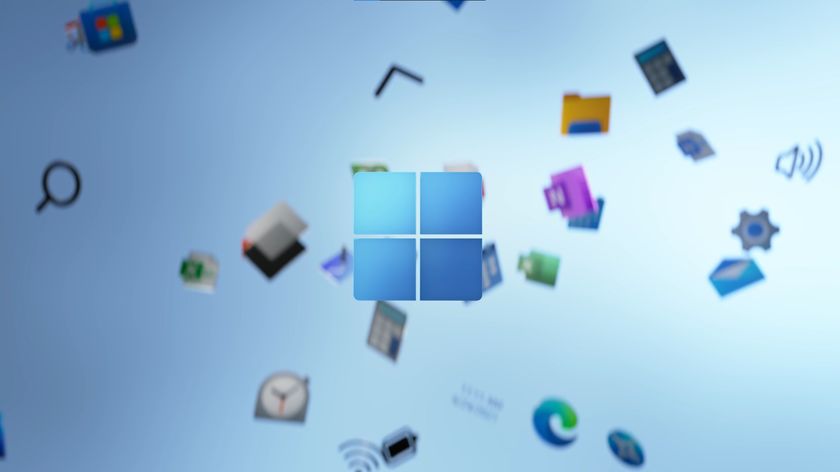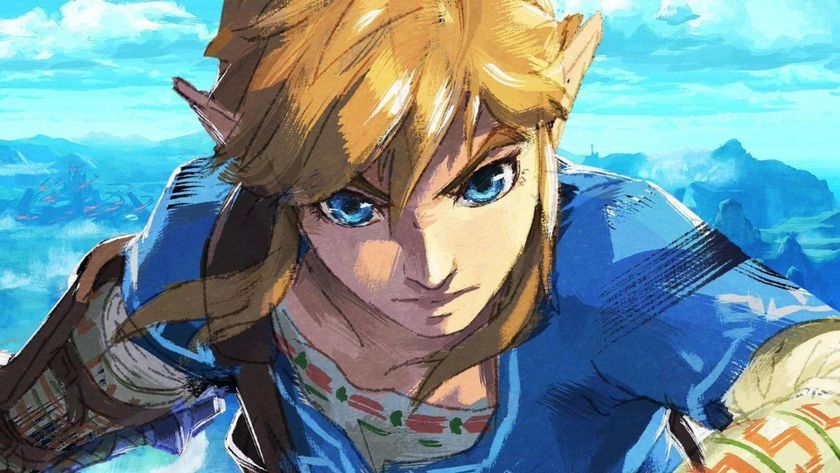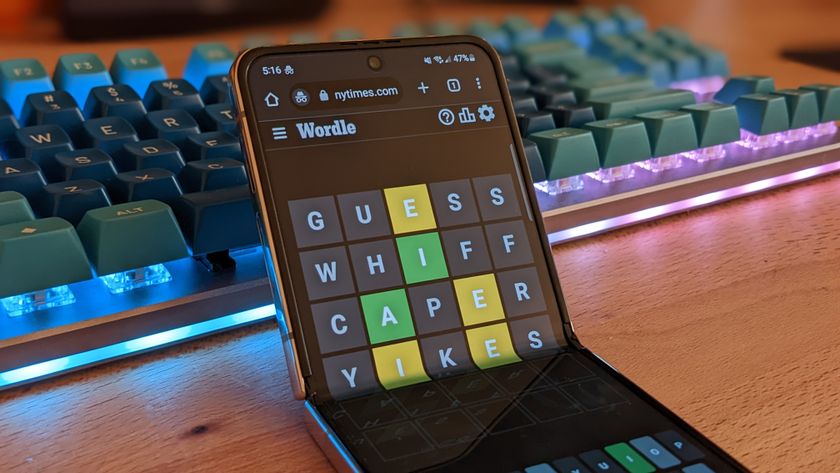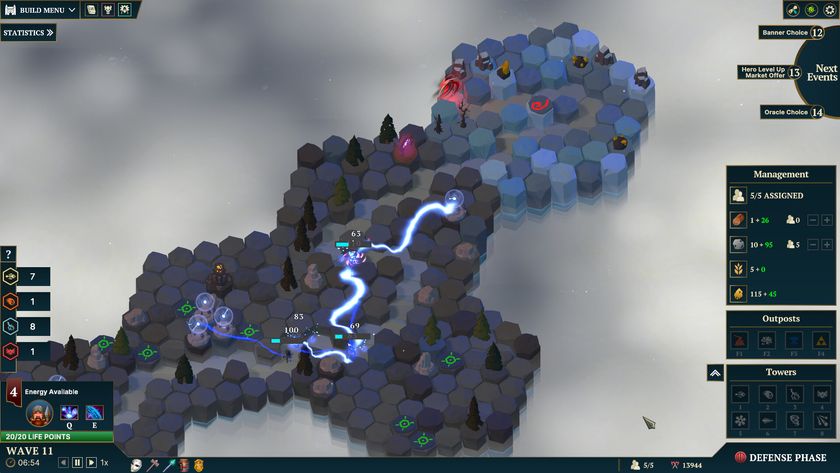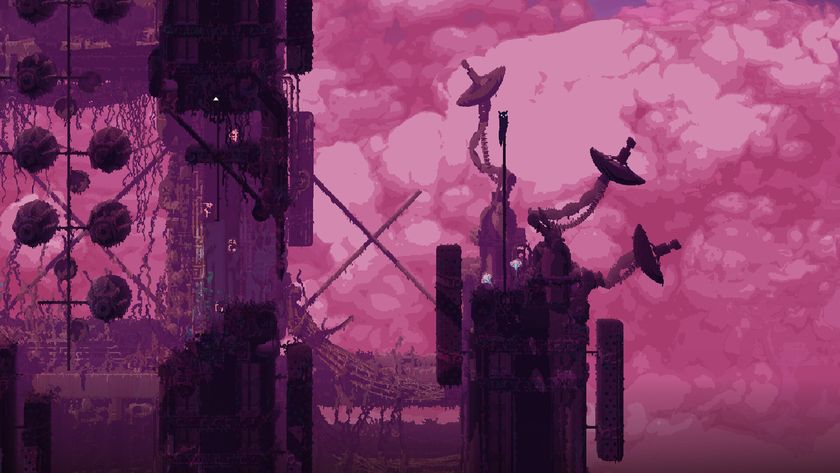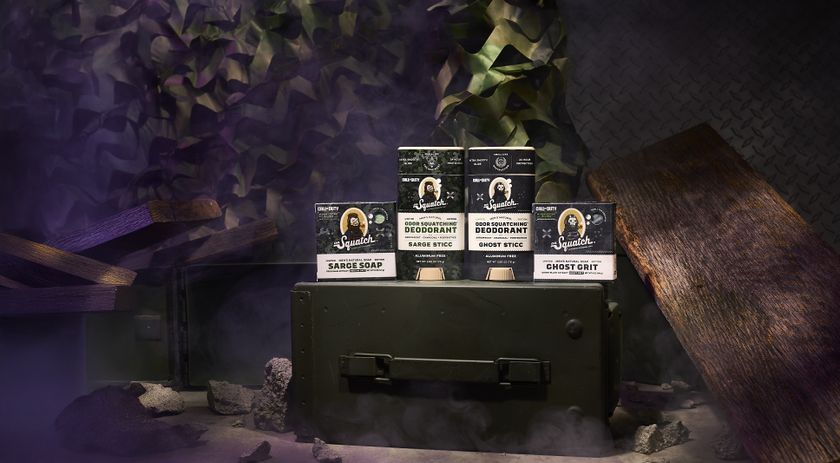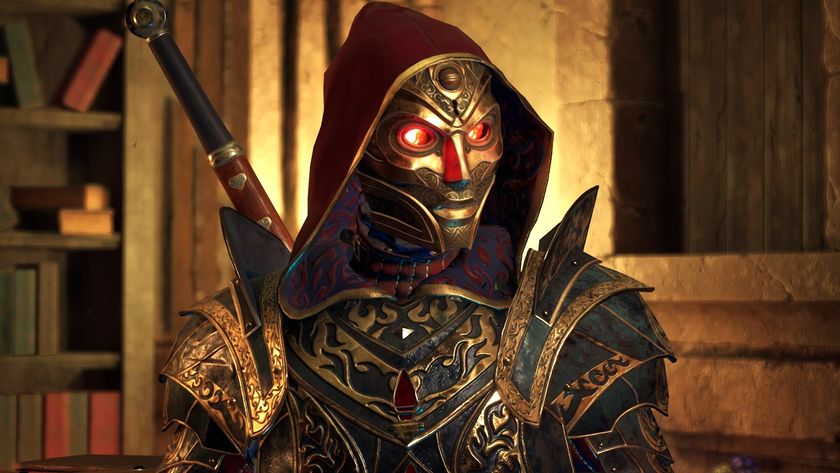Twitch apologizes for recent DMCA takedowns, but has no real solutions yet
New and better tools are in development, but for now your best bet is to just not play copyrighted music on stream.
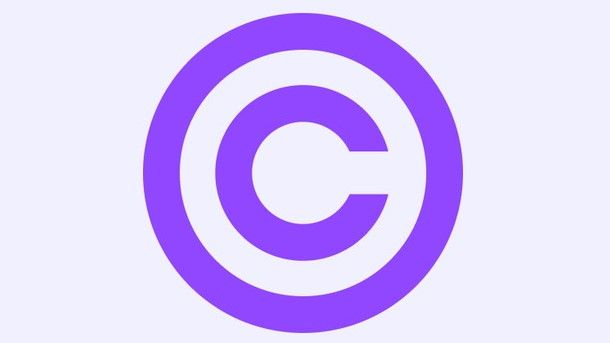
Twitch faced a storm of criticism in October after deleting a large number of videos over copyright claims. In an email shared by streamer Devin Nash, Twitch acknowledged that the deletions gave affected streamers no option to respond or seek a retraction, but added that it presented a good opportunity "to learn about copyright law and the tools available to manage the content on your channel."
As you might imagine, streamers did not find that approach particularly helpful, especially since the few content management tools available were largely the work of third-party developers rather than Twitch.
It is INSANE that @Twitch informs partners they deleted their content - and that there is more content in violation despite having NO identification system to find out what it is. Their solution to DMCA is for creators to delete their life's work. This is pure, gross negligence. pic.twitter.com/mhdXU5lEc5October 20, 2020
In a lengthy update posted today, Twitch apologized for its mishandling of the situation, including its failure to develop an effective suite of tools for streamers, but said that the real underlying issue—copyright claims against streamers—is out of its control.
"Until May of this year, streamers received fewer than 50 music-related DMCA notifications each year on Twitch. Beginning in May, however, representatives for the major record labels started sending thousands of DMCA notifications each week that targeted creators’ archives, mostly for snippets of tracks in years-old Clips," Twitch explained. "We continue to receive large batches of notifications, and we don’t expect that to slow down."
Twitch said the sudden rush of claims caught it by surprise, and drove home the need for better content management tools and "educational programs" for streamers—something that presumably hadn't seemed like a priority because of the previously small number of claims. It also found, after analyzing the DMCA notifications it received between the end of May and the middle of October, that virtually all of them—more than 99 percent—were for music that was simply playing in the background of streams.
The DMCA obliges Twitch to take down offending videos, it explained, but because of the "extraordinary circumstances" of the situation—that the claims were targeting old (sometimes very old) content—it opted to do so without issuing copyright strikes. Instead, it sent out the warning email embedded above, to provide content creators "a reasonable chance to understand that content created in the past was being targeted as allegedly infringing and be given an opportunity to change their approach to music use before they got hit with strikes."
"This led to the current situation, which is understandably frustrating and worrying for many of you. Given the circumstances, the warning email many of you received didn’t include all the information that you’d typically get in a DMCA notification," Twitch said. That information would typically include information on the infringing content, who filed the claim, how they can be contacted, and what penalties repeat offenders could be hit with—none of which was included in the warning email.
The biggest gaming news, reviews and hardware deals
Keep up to date with the most important stories and the best deals, as picked by the PC Gamer team.
Three days was simply not enough time for most creators to sort through all their VODs and Clips. We should have developed more sophisticated and user-friendly tools long ago. To all the creators who lost their community’s best moments, we’re sorry. This shouldn’t have happened.November 11, 2020
Twitch said that it's doing its best to keep everyone happy, but admitted that there aren't enough tools in place to enable creators to effectively manage their VODs and clips.
"You’re rightly upset that the only option we provided was a mass deletion tool for Clips, and that we only gave you three-days notice to use this tool. We could have developed more sophisticated, user-friendly tools awhile ago. That we didn’t is on us," it wrote in the mea culpa section of the update. "And we could have provided creators with a longer time period to address their VOD and Clip libraries—that was a miss as well. We’re truly sorry for these mistakes, and we’ll do better."
Twitch is currently focusing on three areas of improvement: making it easier to detect and delete copyrighted audio, enabling greater control over what audio from livestreams is included in recorded videos, and giving streamers the ability to fully review allegedly infringing content when DMCA notifications are received. It's also "actively speaking with the major record labels" about some form of Twitch-wide licensing deal for music, although it warned that conventional licensing systems aren't a good fit for livestreams, "and the revenue implications to creators of such a deal are substantial."
For now, the recommendation is to, well, not play any music in your streams that might get you smacked with a takedown notice. And that's not just for people laying Zeppelin on the 8-track during their "Just Chatting" streams: Licensed music in games can also pose a problem. Twitch said it's only received a "handful" of DMCA claims about in-game music, but it's a legitimate concern—especially in light of recent conversations about whether streamers should pay developers to stream their games—and Twitch urged streamers to dive into the EULAs of any games with licensed music to determine their rights and limitations.
Gun Media president Wes Keltner posted a series of four brief videos on the topic on Twitter:
“Music licensing in a game is not the same as broadcasting rights.”(Part 2/4) pic.twitter.com/VdMyuFPWXVNovember 10, 2020
Twitch also emphasized the importance of streamers learning more about copyright law and the DMCA. To help with that, it's created a "Copyright and Your Channel" Creator Camp page and posted a video answering questions asked by the community. Four more Creator Camp sessions, with topics including a DMCA Overview, Musicians on Twitch and DMCA, and Copyright and Managing Your Twitch Content, are on the way, and there's also a new DMCA and Copyright FAQ, and a UserVoice forum dedicated to copyright questions.
It's a step in the right direction, but there's not much help in practical terms at this point, and the reaction has been mixed: Some redditors in this thread point the finger of blame at abusive record companies or the failure of lawmakers to keep up with technology, but others view Twitch's refusal to act until the situation became a crisis as the real issue. Responses on Twitter have been similar.
Was gonna make a video on this but it's pretty lack luster. Basically;Don't play copyright music"Your vods are your responsibility"Recommended to remove vods with copyright content (dispute already being proven this doesn't work and strikes can still be issued) #dmca #twitch https://t.co/2tljsYbpo8November 11, 2020
So how can we avoid using "recorded music" when every game has "recorded music?" Do we just play games on mute?November 11, 2020
Yeah this still doesn't address games like Yakuza Kiwami, where a recorded song just pops up out of nowhere at the end of the game. How is that the streamers fault? Are we supposed to just play games on mute to be safe or whatNovember 11, 2020
This isn't even the first time you guys have waited for the pot to boil over either. You can't just ignore these issues, minimize them, and sweep them under the rug and hope they go away.Too much damage has been done for you guys to just talk your way out of this.November 11, 2020

Andy has been gaming on PCs from the very beginning, starting as a youngster with text adventures and primitive action games on a cassette-based TRS80. From there he graduated to the glory days of Sierra Online adventures and Microprose sims, ran a local BBS, learned how to build PCs, and developed a longstanding love of RPGs, immersive sims, and shooters. He began writing videogame news in 2007 for The Escapist and somehow managed to avoid getting fired until 2014, when he joined the storied ranks of PC Gamer. He covers all aspects of the industry, from new game announcements and patch notes to legal disputes, Twitch beefs, esports, and Henry Cavill. Lots of Henry Cavill.

